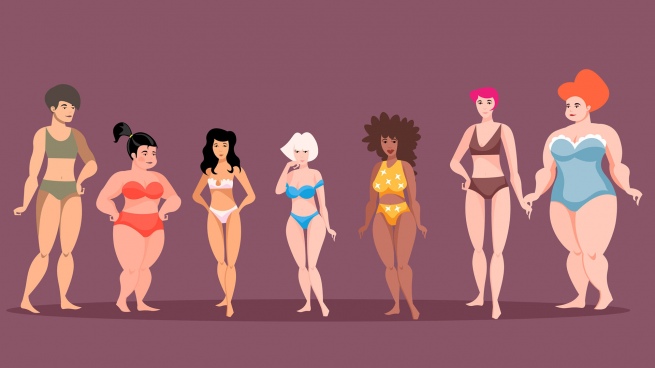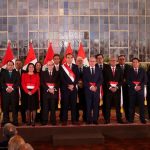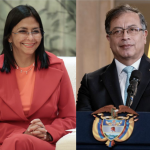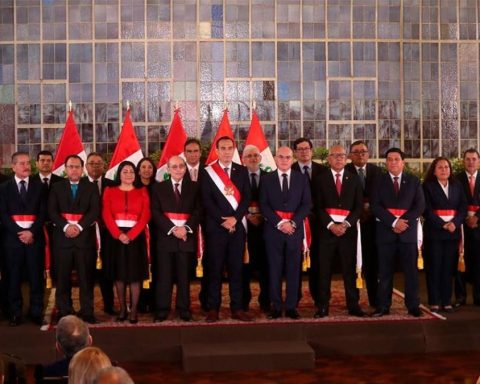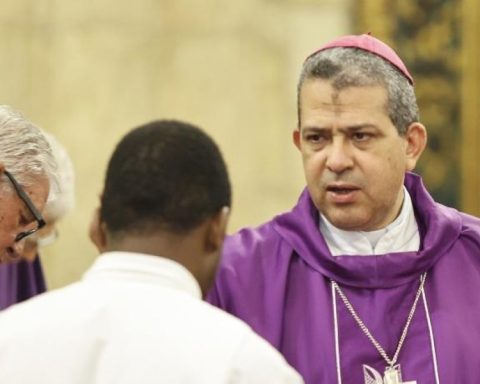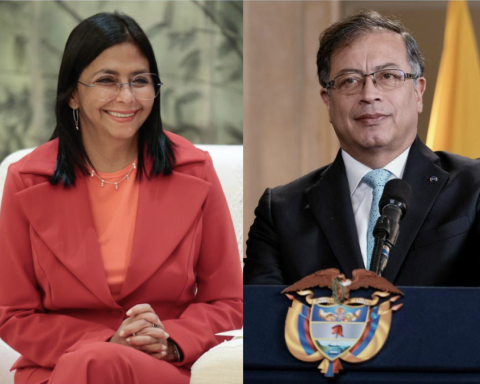The #NuestrasCuerposLibres campaign was launched this Thursday with the aim of “making weight stigma visible and contributing to the public debate on fatphobia”, in a context where “fat-hate is still taboo”, reported the organizations Anybody Argentina and Bellamente.
The project has testimonies of activists for the diversity of bodies and the production of seven illustrative pieces on weight stigma, fatphobia and fat-hatewhich will be published on the Instagram accounts of both foundations.
Weight stigma “refers to the negative perception of people based on their physical build,” the foundations explained, describing fatphobia as “all actions, discourses, and practices that prejudge, mock, reject, marginalize, and violate people’s rights under the guise of fat”.
For this reason, the project seeks to offer “one more step” to its users in the search for a platform “free of discrimination and hate”.
“This campaign is an example of how communication can be a tool to generate awareness and social impact in favor of body diversity. I celebrate the visibility space for this social problem, and I hope that #NuestrasCuerposLibres reaches places where fat-hate It is still taboo,” said Candela Yatche, leader of the Bellamente Foundation.
“#NuestrasCuerposLibres is one more step towards building a more positive and inclusive space for expression on the internet bringing more visibility to the existence of a support community for people who may be going through questions in relation to their own body or image”, they stated from the organization of the project.
“We want to promote a positive space where people feel comfortable expressing themselves and being who they really are. This is why this campaign was launched from Instagram, to bring out different voices of fat activism in Argentina,” explained Gabriel Recalde, Public Policy Manager for Latin America on Instagram.
Mercedes Estruch, leader of Anybody Argentina, pointed out that “today our ties are mediated by social networks and it is extremely important to have the commitment to denaturalize and make visible this violence.”
